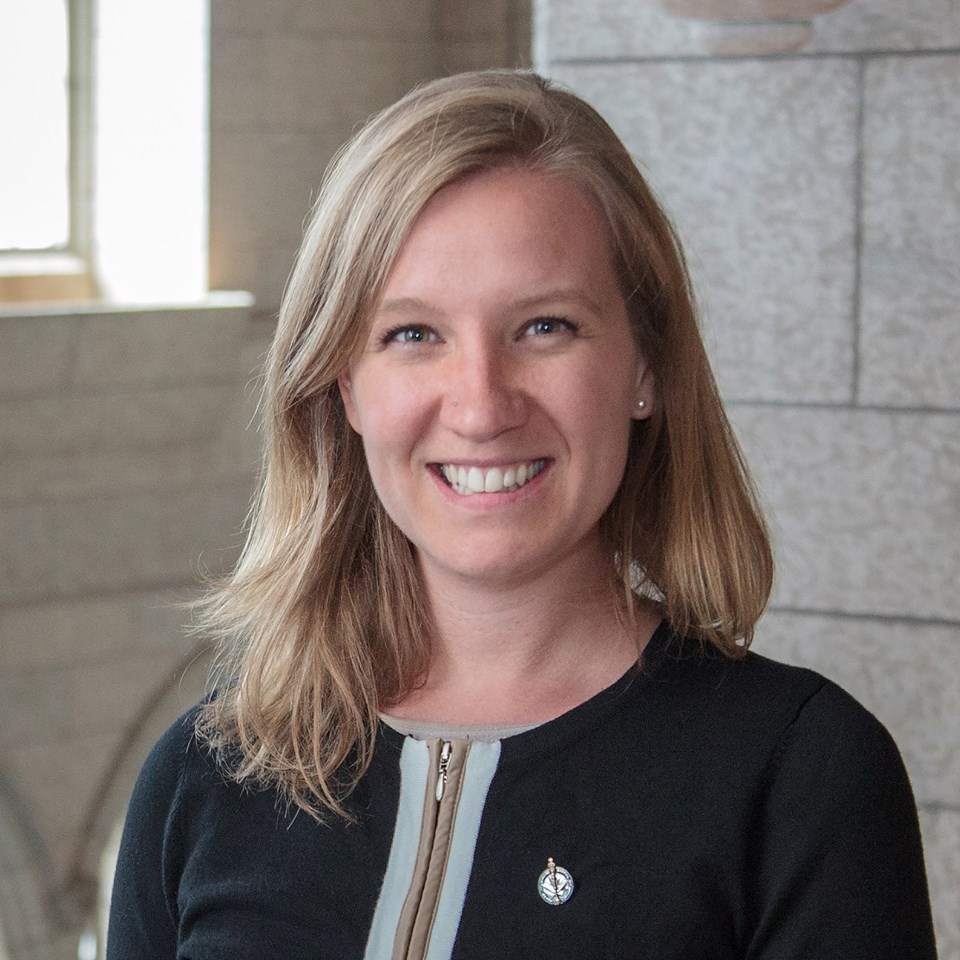
OTTAWA — The Trudeau government has offered a glimpse of its vision for a new independent body to organize leaders’ debates during federal elections, which it believes could be in place by next year’s vote.
Democratic Institutions Minister Karina Gould offered the teaser this week in a letter to a House of Commons committee, which called in March for the creation of a debates commissioner.
In her response to the committee, Gould affirms the importance of an “impartial and independent” body guided by various high-minded principles to ensure it is organizing leaders’ debates “that are in the public interest.”
The commission or commissioner should also ensure that “the decision they take reflects diversity in Canada,” the minister wrote, while working to ensure debates are as accessible as possible.
And the government shares the view “that a new entity could be established to organize federal political party leaders’ debates for the 2019 election,” Gould wrote.
That runs contrary to the results of a government-commissioned study by the Institute for Research on Public Policy, which urged the Liberals in April not to rush the creation of such an independent body.
The government also has yet to introduce legislation that would establish the entity.
As for some of the other key details, Gould was decidedly vague.
They include whether the body should be set up inside Elections Canada as well as how and when it should establish — and publicly reveal — the criteria for deciding leaders’ participation.
“The government supports that a commission should consider participation criteria that are fair, in the public interest and contribute to a healthy democracy,” the minister wrote.
Prime Minister Justin Trudeau promised during the 2015 campaign, when the issue became a political football, to create an independent body to organize future leaders’ debates.
Until 2015, Canadian voters traditionally got at least two opportunities during each campaign to assess party leaders in televised debates — one French, one English — organized by a consortium of broadcasters.
During each campaign, the format of those debates, as well as which leaders would be invited to take part, was negotiated among the consortium members and the parties, each of which would try to advance its own interests.
The politicization of the debates got worse in 2015 when the Conservatives served notice that Stephen Harper, then the prime minister, would not participate in consortium-organized debates.
Several other debates, organized by a variety of media outlets, were held instead but reached much smaller audiences.